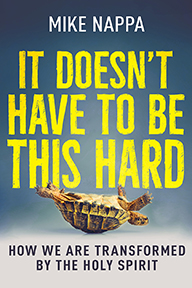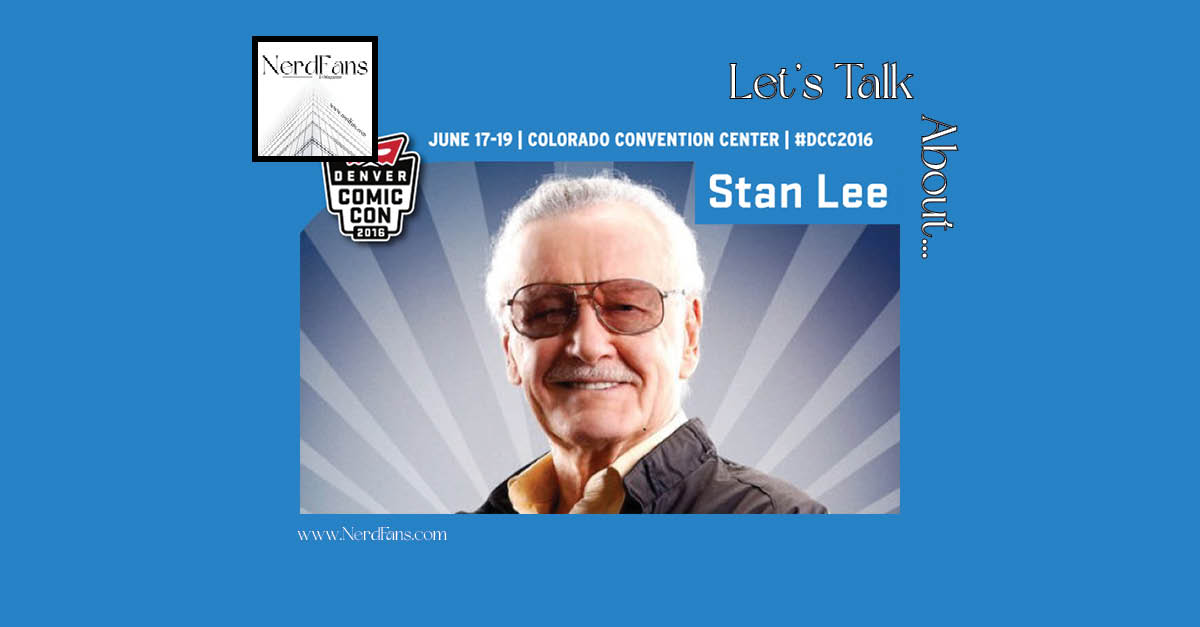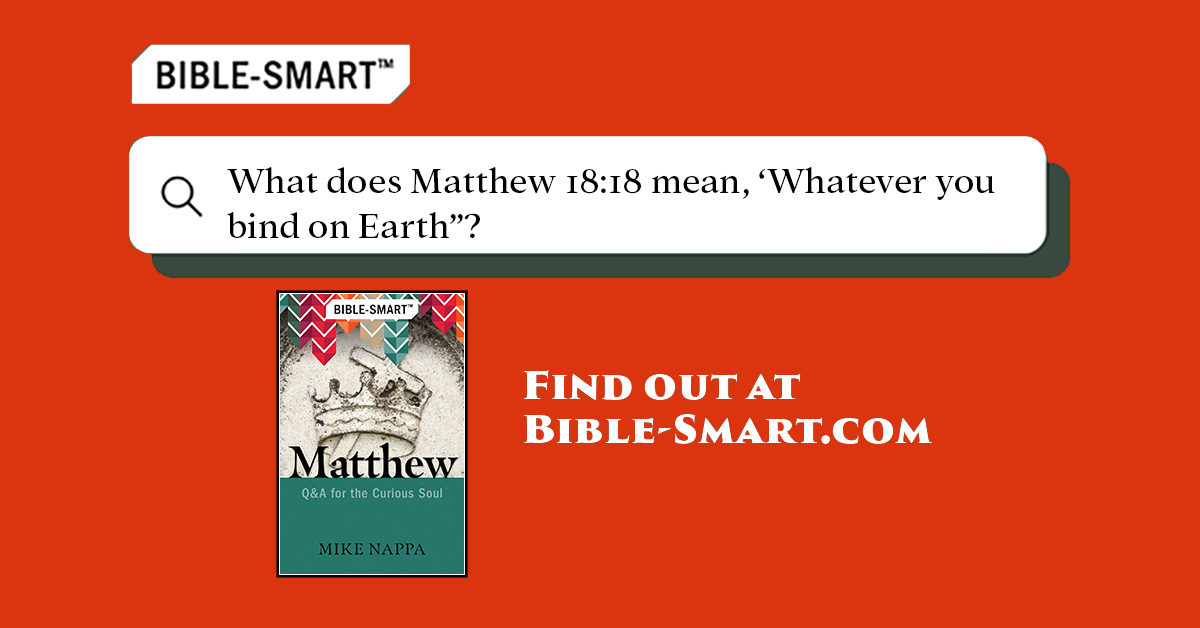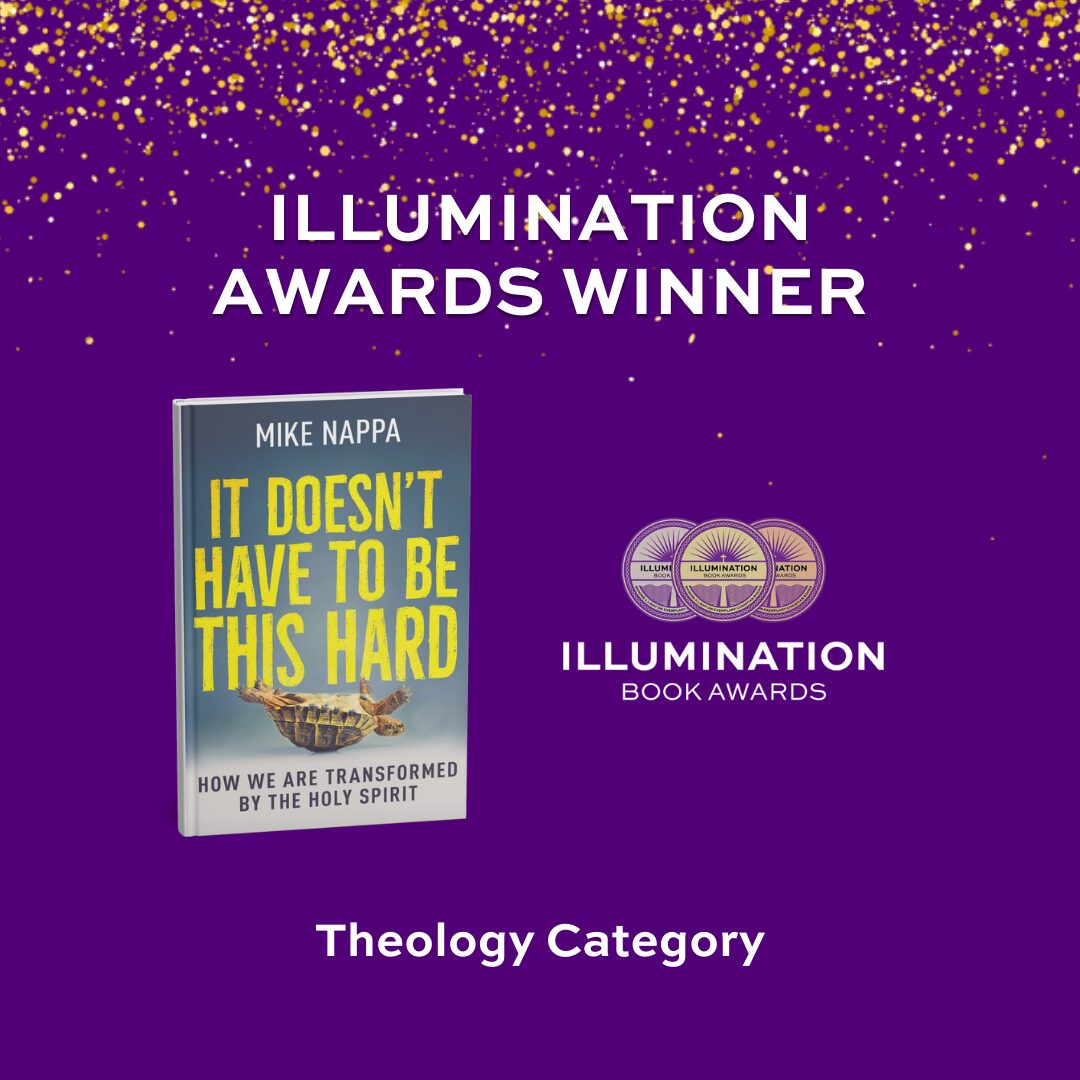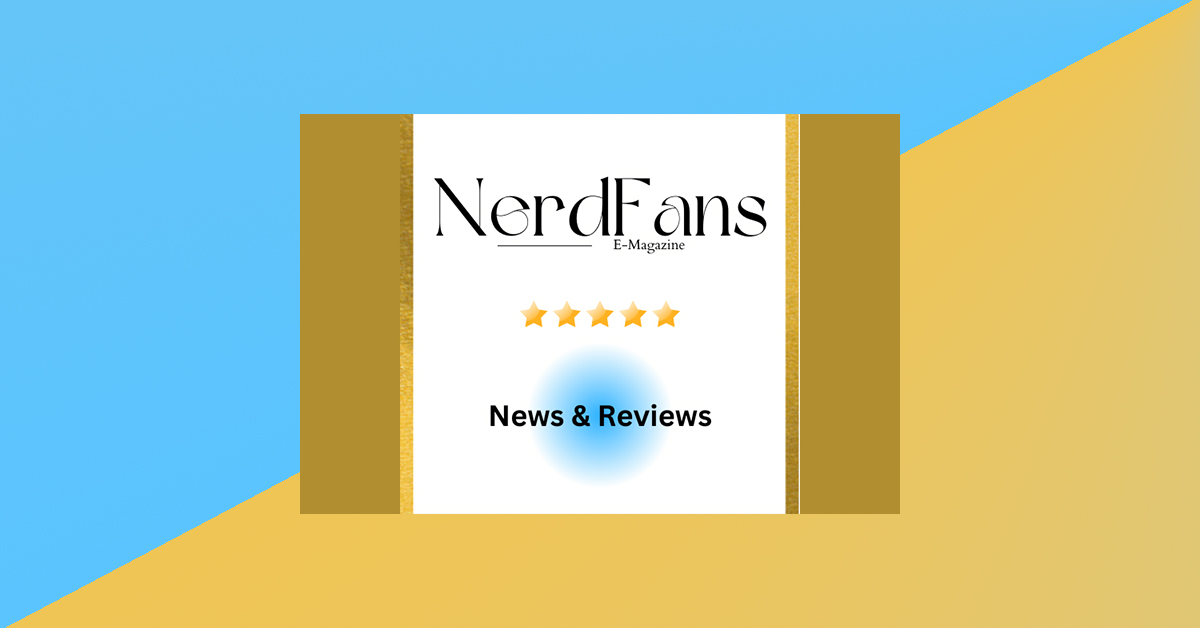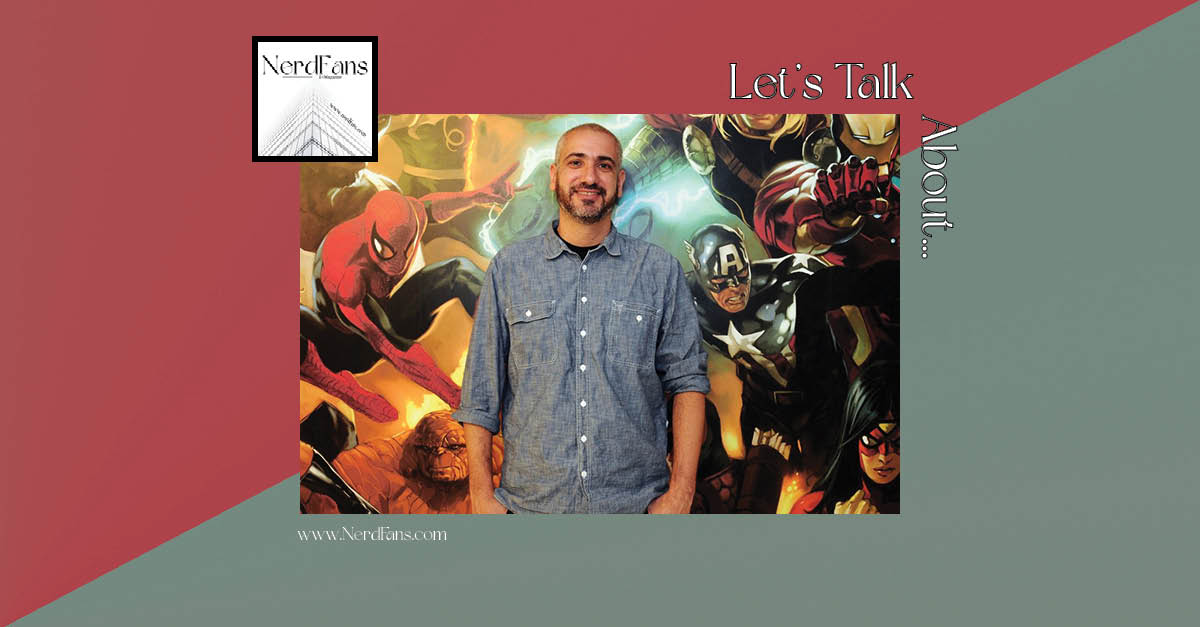An Editorial Team reason for rejection
Yes, I know, this seems like a petty reason to reject a book. After all, you’ve been taught by “experts” that a cover letter/email has to include a number of certain things, right?
Everybody knows that a cover letter is supposed to have a strong, attention-grabbing opener. It should have a summary of your proposed book. It should list your qualifications for writing the book, and tell of any unique marketing opportunities you bring to the table. It should include a note as to whether yours is an exclusive or simultaneous submission, and should tell whether or not you’ve got artwork available to use. It should tell who the audience is and why they’ll buy. It should blah blah blah blah.
I’m going to tell you the truth: Most of that advice is hooey.
It’s rare that an experienced editor actually reads your cover letter/email anyway. We’re more interested in the book itself than we are in your puffery about it. And besides, most of that information above should be included in the proposal section for your book. Why duplicate it in the cover letter?
Here’s the risk that you take with a long cover letter/email: If you bore me too soon (see Reason #25), I’ll probably reject your book before I even get to your manuscript. Also, letter writing is a different skill than say, novel writing or children’s book writing or even nonfiction writing. But I’ll pre-judge your skill in all those categories by my first impression of the cover letter you sent me.
Your cover letter really should just be an introduction, along with a short request for consideration of your book’s publishing potential. But if your email reveals you to be a “Long Talker”—that is, someone who doesn’t know when to shut up—well, chances are good I’ll cut you off with a letter of my own. A rejection letter.
What You Can Do About It
1. Get in the door, then get out of the way.
When you send me a cover letter/email, here’s all I really need to see: 1) your contact info, 2) a request that I consider publishing your book, 3) a brief (two sentences max) description your book.
Give me that info, and then get out of the way. Tell me if I have questions or need more info, that I should feel free to dive into your proposal itself where I’ll find all the additional details I want—and then some. Make me curious to find out what I’m missing if I don’t read your full proposal.
After all, what would you enjoy more, reading about a book—or reading the book itself?
2. Never, don’t ever, let your cover letter/email be longer than 250 words (about one page).
Regardless of what you include in your cover letter/email, it’s unwise to ever let it go past the one-page mark (about 250 words) in length. Otherwise it won’t get read.
When an editor or an agent gets a two- or four-page cover letter/email, the best you can expect is that he or she will skim to the end. We just can’t afford to take the time to read these preliminary materials in detail until after we’ve decided that we want to pursue your book. Otherwise we’d never get ahead of the workload on our desks. (And honestly, a lot of editors never do accomplish that anyway.) As for me, when I get a long cover letter, I typically read the first paragraph and the last, and skip everything in the middle.
So be careful not to sabotage yourself with a cover letter/email. Keep it to one page, and it might actually get read.
3. Beef up your proposal so you can cut down your cover letter/email.
I hear what you are saying to me. “Mike, you’re giving me a double standard here! In this book you’re telling me that all kinds of things are absolutely essential to tell an editor about my book—but now you’re telling me to keep my mouth shut. What’s up with you?”
OK, I understand that this advice might be frustrating and possibly confusing for you. But what we’re talking about here are priorities. The number one priority of your cover letter/email is simply to get the editor to read your manuscript. That’s it. So do what it takes to get that to happen, and keep your cover letter’s focus there.
All that other info you need to include? It belongs in the proposal section of your submission package. That’s where you can talk in detail about your unique credentials, the mass audience appeal of your book, the special marketing opportunities for your book and so on.
Remember, your proposal section can be as long, and as detailed, as you want it to be. So beef up that section—and keep your cover letter/email lean and focused.
Looking for more? Check out these links:



